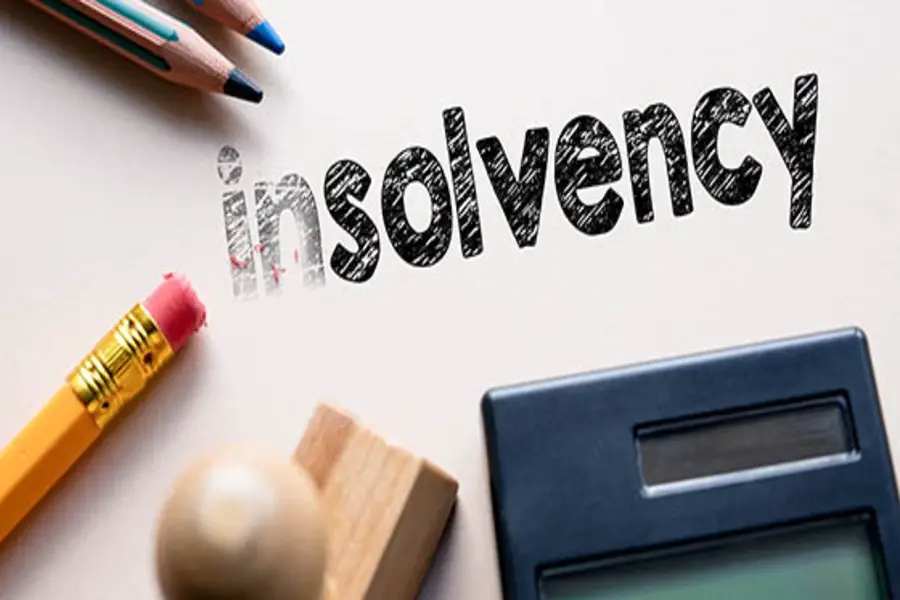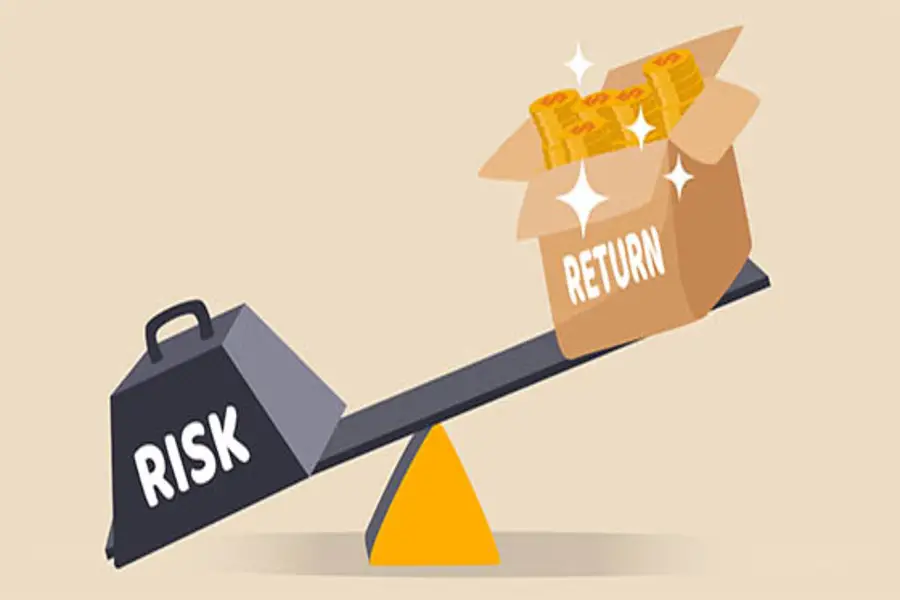When valuing a business, experts often look beyond the company’s financial statements. Management interviews and document requests may provide additional objective insight into how much the owners believe the business is worth. This information shouldn’t be used as a substitute for a comprehensive valuation analysis, but it may identify discrepancies that need to be reconciled. Here are five common alternative indicators of value that experts may consider: 1. Buy-sell agreements. Owners often protect their business interests with buy-sell agreements. These agreements may provide a specific value for the business or contain valuation formulas to be used on an owner’s death or termination. Some detailed buy-sell agreements may even specify whether valuation discounts apply and, if so, how much. But if a buy-sell agreement has been superseded...

Most business valuation assignments call for a conclusion of value. However, there may be times when a calculation of value can be a quicker, more cost-effective solution. Value conclusions When providing conclusions of value, valuators consider all approaches and procedures they deem appropriate for the circumstances. The valuation takes into account applicable valuation practices and standards, as well as any relevant legal precedents. The result may be presented as a single amount or a range of values. This level of service generally produces a comprehensive, reliable estimate of how much a business is worth in today’s marketplace. When providing a conclusion of value, the valuator customarily issues a comprehensive written report. So value conclusions take significant time to complete, and they’re generally more expensive than calculations. Value calculations A calculation...
Working together can bring out the best — and worst — in families. Here are some issues business valuation experts consider when appraising these entities. Family members on the payroll Family-owned businesses aren’t usually run like large public companies. For starters, “family business” and “nepotism” often go hand in hand. Some business owners hire family members because they’re perceived as more trustworthy, while many hire them out of obligation or to satisfy a desire to pass the business on to their offspring. When valuing family-owned entities, valuators must objectively consider whether family members are qualified for their positions and whether their compensation is reasonable. In some cases, management of a hypothetical buyer might want to consolidate family members’ positions and use fewer people to perform their duties. As...
In commercial litigation, it’s common for business valuation experts to measure damages based on lost profits or diminished business value — or both. Here’s an introduction to these concepts. The basics Generally, it’s appropriate to estimate lost profits when a plaintiff suffers an economic loss for a discrete period and then returns to normal. On the other hand, diminished business value is typically reserved for businesses that are completely destroyed or otherwise suffer a permanent loss, such as destruction of an entire division or product line. In rare situations, lost profits may fail to adequately capture a plaintiff’s damages. For example, suppose a defendant’s wrongful conduct damages a plaintiff’s reputation, but it doesn’t directly affect the plaintiff’s expected profits. Nevertheless, the defendant’s actions have rendered the plaintiff’s business...
Merger and acquisition (M&A) activity increased significantly in the fourth quarter of 2023, signaling a hot M&A market for 2024. But there are some potential pitfalls for unwary buyers and sellers. Here are some common mistakes and how a business valuator can help ensure your deal goes as planned. Reliance on valuation rules-of-thumb Some M&A participants rely on industry “rules of thumb” and gut instinct, especially in mature industries. Although rules of thumb can provide a reasonable basis for initial M&A discussions, they fail to address important valuation considerations, such as nonoperating assets and changes in market conditions. Therefore, they’re rarely sufficient as the sole basis for a deal. Before making a formal offer to merge with or acquire another business, it’s important to obtain a comprehensive valuation...
Uncertainty about inflation, regulations and geopolitical risks abounds in today’s marketplace. A fairness opinion can protect against costly litigation if your company engages in a major transaction and the projected results subsequently fall short of expectations or insolvency becomes likely. Here’s how a fairness opinion from an independent business valuator can help protect against post-deal legal claims. The basics Simply put, a fairness opinion addresses whether a transaction appears “fair” from a financial point of view. Fairness opinions help confirm that dealmakers fulfilled their fiduciary duties to act in the best interests of the company and its shareholders. However, fairness opinions don’t address legal or structural fairness, nor do they constitute an endorsement or a guarantee of a particular transaction. When preparing a fairness opinion, the expert typically...
Business bankruptcies increased 40.4%, from 13,481 to 18,926, from 2022 to 2023, according to statistics released by the Administrative Office of the U.S. Courts. Solvency opinions may help creditors determine whether a liquidating debtor can meet repayment obligations. They also may come into play in fraudulent conveyance, bankruptcy alter ego and due diligence actions. When questions arise about solvency, the parties often call on a business valuation expert for guidance. The basics Solvency is generally defined as a business’s or individual’s ability, at a specific point in time, to meet long-term interest and repayment obligations. To determine whether a business is solvent, both the federal Bankruptcy Code and the Uniform Fraudulent Transfer Act look at the “fair value” of a debtor’s assets. The company (or debtor) is determined...
Business valuators sometimes consider major events that happen after the valuation date. For example, what if a business is subsequently sold, files for bankruptcy, discovers new technological advances, or experiences a major fraud loss, data breach or natural catastrophe? Such events could potentially affect a business’s fair market value, but whether a valuator will consider a particular event depends on the facts and circumstances of the valuation assignment. “Known or knowable” principle In general, events that are known or knowable on the valuation date will be factored into a valuation. Or valuators might consider the risk that a particular event will happen. But there are several exceptions. For example, in Estate of Jung v. Commissioner (101 T.C. 412, 1993), the U.S. Tax Court concluded, “Actual sales made in...
There’s generally a trade-off between risk and return in business valuation. Investors expect to receive a higher return as a company exposes them to greater risk. Industry-specific risk is an important consideration when estimating an investor’s expected return. Here’s how valuators measure industry risk and factor it into their analyses. Key factors Virtually every business valuation report includes a section on industry risk. Several factors are considered when measuring industry risk, including: Growth prospects. Valuators evaluate the industry’s outlook, including its seasonal and cyclical trends and stage of development. Strong, predictable growth prospects generally equate to lower industry risk and higher value. Relative power of suppliers and customers. It’s important to look up and down the company’s supply chain to determine which players have the greatest negotiating power. Businesses...
When the parties know what to expect at each phase of a business valuation project, it makes the process easier for everyone. This awareness promotes collaboration and timeliness, as well as minimizes potential surprises, misunderstandings and rework. Here’s the five-step process that’s used when valuing a business or interest in a business. Engaging a valuation expert The first step is retaining a business valuation professional and agreeing on the price, deliverables and scope of the assignment. Typically, the valuator and client sign an engagement letter, which serves as a legally binding contract that helps the parties understand such parameters as the: Company being valued, Percentage or number of shares to appraise, Effective valuation date, Standard of value (such as fair market value, fair value or...











